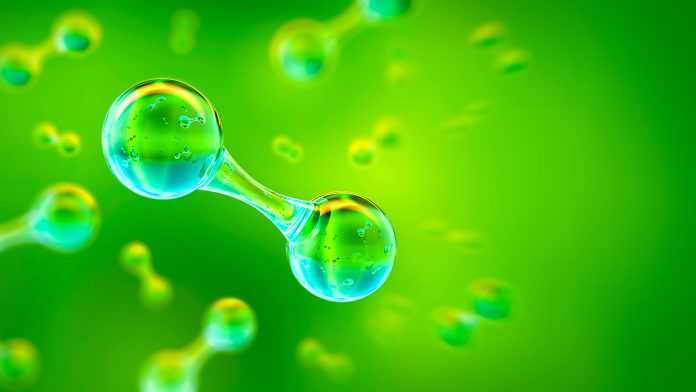A new technology developed by Proteum Energy could turn ethanol into hydrogen through a feedstock process – a very real contender in the hard-to-electrify sector.
More than $65m has been invested into the process of turning ethanol into hydrogen over the last decade. Now, the investment is beginning to show results.
European energy firms have rushed to use the process after researchers from the University of Regina have proven that the Proteum process works. Transforming natural gas liquids like ethane or ethanol can produce the cleanest, most renewable hydrogen to date.
Proteum’s place in the hydrogen market
The process of turning ethanol into hydrogen qualifies for California’s Low Carbon Fuel Standard credits. Larry Tree, President and CEO of Proteum, explained: “When ethanol is used as a feedstock with our technology, the end product’s carbon intensity score can actually be negative.”
Proteum envisions the hydrogen market reaching billions in investments. The use of its engineering capability and hydrogen production tech will enable the company to enter the market through ethanol.
“You see what is going on around the world and there is a clear push to change heavy-duty transportation,” Tree stated. “Manufacturers are adopting the technology. They are going to hydrogen because they know it is coming.”
The connection between ethanol and hydrogen
To turn ethanol into hydrogen, Proteum could use existing assets and feedstock.
Tree said that there are “some extraordinary assets in the ethanol sector” and ethanol producers will play a leading role in carbon capture, utilisation and/or sequestration (CCUS).
The company is now seeking to partner with Ethanol producers or buy ethanol gallons directly from them.
According to Tree, the Proteum business model relies on four things: feedstock, a hydrogen offtaker, a CCS project and land. With an ethanol partner providing the feedstock through a joint venture or through sale, Proteum already has off-takers ready for the hydrogen product. Working with an ethanol producer that is sequestering carbon, Proteum can send over roughly 500 tons of CO2 per day.
A facility that can convert ethanol into hydrogen
Proteum is currently working on the buildout of a hydrogen production facility in California. Moreover, the team is also working to expand across the Midwest ethanol belt.
Late last year, the company signed with Transitus Energy to produce hydrogen from hydrocarbons produced in the North Sea. The agreement included a letter of intent for opportunities in the UK, Netherlands, Republic of Ireland, and Norway to produce low-carbon hydrogen for European markets.
Proteum isn’t alone in its quest to turn ethanol into clean hydrogen. Last year, Shell signed a deal with two Brazil ethanol plants to produce hydrogen.
In addition to hydrogen fuel for over-the-road transportation, the modular units created by Proteum can produce hydrogen for sustainable aviation fuel or for low-carbon ammonia fertiliser products.
Proteum’s revolutionary process can serve several markets, utilise a variety of feedstocks, and produce a variety of highly desirable, incentivised end-products. However, it’s the ethanol sector they are trying to align with.
It is a new place to send ethanol gallons and is a continuation of ethanol’s momentum leading to carbon offset efforts or the decarbonisation of transportation molecules. It’s not an entire hydrogen revolution or a move away from one type of production method or the use of feedstock. It is something different, sort of a gain by doing more with an existing asset.








